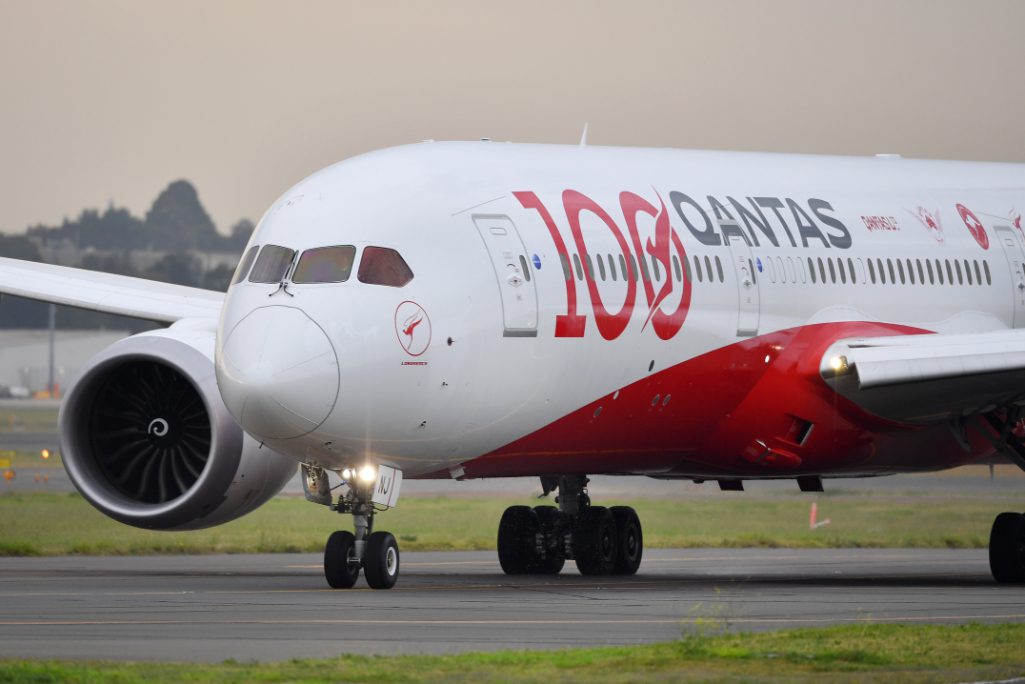Australia’s Consumer Watchdog blocks Qantas and Japan Airlines alliance
The Australian Competition and Consumer Chair has ruled against the joint business agreement between Qantas and Japan Airlines. The ACCC says the coordinated deal would hamper competitors on Australia-Japan routes.
Qantas and Japan Airlines announced the plan in December 2020, to launch in July 2021. Both major airlines wanted to use the plan to reboot the aviation sector and international travel.
However, the ACCC Chair, Rod Sims, says it is essential that competition between airlines is maintained to help the aviation industry’s full recovery. The plan did not pass the ACCC’s public benefits test.
“Airlines have been severely impacted by the pandemic and this has been a very difficult period for them,”
“But preserving competition between airlines is the key to the long-term recovery of the aviation and tourism sectors, once international travel restrictions are eased.”
Australian Competition and Consumer Commission Chair Rod Sims
Protecting the aviation sector
Qantas and Japan Airlines traditionally flew approximately 85-90% of total passengers flying between Australia and Japan. The ACCC says granting authorisation for the alliance would remove competition between Qantas and Japan Airlines. It would also make it extremely difficult for other airlines to operate on routes between Australia and Japan.
Virgin Australia has also petitioned against the plan saying, “it will be more difficult to enter the Australia-Japan route if it is required to compete with Qantas and Japan Airlines acting jointly rather than as individual competing airlines.“
The ACCC reiterates the alliance between Qantas and Japan Airlines would stop all competition between the airlines including price and service for three years.
“The ACCC can only authorise an agreement between competitors if it is satisfied the public benefits will outweigh the harm to competition. The alliance did not pass this test.”
Australia Competition and Consumer Commission Chair
Qantas and JAL expressed disappointment with the ACCC decision in a joint statement on Monday, though they said they would continue their codeshare arrangements and oneworld alliance partnership.



 News3 days ago
News3 days ago


 Leaders3 days ago
Leaders3 days ago


 Shows3 days ago
Shows3 days ago


 News3 days ago
News3 days ago


 Docos5 days ago
Docos5 days ago


 Leaders4 days ago
Leaders4 days ago


 Leaders4 days ago
Leaders4 days ago


 News2 days ago
News2 days ago





